|
In tarot everything can mean something. Most readers understand that the suits all have a specific energy. Likewise, so do the numbers. If you are like me, some numbers are easier to get than others. Fours have always been easy for me. A four-legged chair is more stable than a three-legged stool. Stability, security, and safety are associated with the number four. It's negative extreme is stagnation.
In our fast-paced world, we are more apt to keep the screen moving, keep scrolling, keep breathing in more and more information than we are to pause, to dive deeply, to process. Because of this, it might be good to consider the positive advice that we can find in the 4s.
The number four is not just about stability or stagnation. It is also about stopping the flow of energy. Energy stopped for too long leads to stagnation. But in a world where energy is encouraged to move at a frenetic rate, I don't think we will hurt anything by slowing down a little. In fact, just the opposite. There are great benefits to slowing down.
A Blessing from the Fours
May you take the time to celebrate your achievements. May you acknowledge and honor your emotions. May you allow your mind time to integrate ideas. May you listen to the wisdom of your body.
2 Comments
Sometimes in publishing, you have to keep your mouth shut about things and it was really hard keeping my mouth shut about this project because I LOVED working on it so much! Everything about this was fun. Even the committee meetings! Yes, I know! But everyone was super excited and creative. We came up with fabulous ideas. I got to pick out cards that I was aching to talk about.
There are four different page designs, so there is a lot of variety. Each design includes a card, of course. In addition, there might be a spread, a short essay, tips and techniques, specific symbol studies, and all kinds of good stuff. Don't take my word for it. Here are a few examples. I can't wait to hear what you think!
* who is Harry Dresden? He is a character created by Jim Butcher and the main character in the Dresden Files series. He is a magician for hire in modern day Chicago. The series is addictive (and if you like audio books, this series is wonderfully narrated by James Marsters). The magic feels "real." The other beings and other characters are so interesting. If you are looking for a new series to sink your teeth into, I highly recommend this one.
This LINK will take you to a page with all the books in the series.
In tarot we sometimes talk about the cosmic egg, the container that held all that became the world after it hatched. It seems more intuitive to associate an egg with a Queen rather than a King, or at least with a passive suit rather than Swords.
When I see things like this that confuse me, I don't assume the creator is wrong or made a mistake. I try to push myself to figure out what this image is saying. When I think of the cosmic egg, creation, Swords, and Kings, the phrase "thoughts become things, so pick good ones" comes to mind. Swords are about thought and that phrase reminds us of the power and importance of the thoughts we entertain. Kings have authority but they also have responsibility. It is important for them to decide wisely for the good their people. Maybe this is why the 2 of Swords woman is sitting in an egg chair. She has to make a decision and that decision is going to have ramifications. It will, in essence, create a world.
The images for this deck are oil paintings. There is a depth and richness to oil painting that is hard to capture in other mediums. It is also really hard to find an oil painter willing to do a deck because oil painting is incredibly time consuming. When I heard about this one, I couldn't wait to get my hands on it.
In addition to the images being just flat out cool, the deck itself is far more than I expected. Most English speaking tarot buyers want a companion book that explains all the symbols and what the designer and/or artist intended the images to mean. European tarot buyers seem content to view the cards as they view art...largely without explanation but relying on their own interpretation. This deck's little booklet does not explain the symbols in this deck but instead provides a really interesting argument for NOT knowing that the designer intended. "From the beginning, the tarot was meant to be a language of symbols. We we read words, we access a part of our brains that is orderly, logical, methodical.... Tarot works the other way round. Rather than reading words on a page, we read images on cards, and what we read there opens a different door to our psyche--a mystical door.... The Mystical Tarot puts traditional tarot imagery through a byzantine filter, twists and turns it, adding layers of opulence and illusion. Experienced tarot readers are challenged to look again at the cards they know well. Beginners are offered a feast for the eyes and the imagination to start their journey." Because I am having so much fun finding cool connections in this deck, I thought I'd share at least one. If you find anything interesting, let me know! Numbers, Geometry, Thrones, and Interesting Groupings I've seen the Empress, Emperor, and Hierophant grouped together. Most interestingly and creatively in the Initiatory Tarot of the Golden Dawn (to learn more about this deck, click this link):
The Mystical Tarot, however, groups the High Priestess, the Empress, the Emperor, and the Hierophant. This group has several possible subgroups:
The two feminine cards The two masculine cards The two spiritual leaders (High Priestess and Hierophant) The two secular leaders (Empress and Emperor) The thing that brought this to my attention (as mentioned, there is no discussion of symbols in the booklet) were the triangle on top of the Empress's throne. She is numbered III and a triangle has three sides. The Emperor's throne has a square and he is numbered IV. The High Priestess sits between two pillars and is numbered II. The Hierophant's throne (if you include him) features five eyes and he is numbered V. The High Priestess has a moon at the top of her throne which contrasts interestingly with the eye atop the Hierophant's. The moon reminds me of internal reflection and hidden things while the eye externally focused and about things that can be seen. The two spiritual leaders gaze straight ahead and slightly down (toward their tasks at hand: reading and teaching). They also both have oceans and mountains behind them. The two secular leaders are not looking straight on. The have more cultivated landscapes behind them. I find these kinds of connections within a deck really satisfying. If there is interest, I might post more of the interesting treasures I've found in this deck. Let me know what you think.
May your mind always have something interesting to nourish it.
May your soul always have something beautiful to sustain it. May your spirit always have something amazing to inspire it. 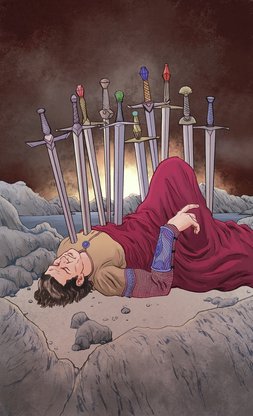 10 of Swords from Llewellyn's Classic Tarot by Eugene Smith 10 of Swords from Llewellyn's Classic Tarot by Eugene Smith Recently I heard the idea that we should look at hard times in our lives as allies because they help us to become the people we are meant to and want to be. I know it is common for us to sometimes advise people to “look on the bright side” or to consider that “every cloud has a silver lining,” but these platitudes are cold comfort and feel, well, just lame. They feel that way because we have a larger, more important idea about hard times that shapes our underlying understanding of the role that hardship and challenge play in our lives. In modern Christianity, at least in some denominations (particularly the megachurches and fundamentalists), there is the idea that if one lives in a way pleasing to God that one will prosper because God, being happy with you, will reward you with material comfort. This idea isn’t only embedded in Christianity. It is part of our New Age understanding of the world, too. We have ideas like “if you are on the right path, things will open up and be easy for you.” The Law of Attraction is another example. If only you believe strongly enough and be VERY careful of every word that comes out of your mouth, the Universe will reward you. And variations of that quote that I’ve seen attributed to various writers, “And, when you want something, all the universe conspires in helping you achieve it.” Somehow we’ve gotten it in our heads that having things go well and easy for us are rewards for and evidence of our good behavior and that when we experience hard times, we must have made some mistake and are experiencing a punishment. This kind of thinking is so dangerous. It leads to the “blaming the victim” notion that so many abuse victims have to deal with. It also can parallelize us from making any decision or taking any actions because every choice is fraught with concern over the outcome. The concern is not only the normal, what if this doesn’t pan out variety, but the deeper story we’ve attached to the outcome of our actions: all the world will know if we are good or bad. If we are successful, then clearly we are good people who are doing “life” right. If we suffer setbacks and hard times and failures, then we must have done something wrong, something more deeply and fundamentally wrong than just making a mistake. We tell ourselves terrible lies like (or just as bad, we believe these things of others): We expressed a negative thought and therefore the Universe rained tribulations on us. We didn’t properly follow our bliss, therefore we are living a pale, sad life. We sold out and kept our muggle job because we needed the insurance and don’t have the time or energy to pursue more high-minded pursuits. Maybe hard times aren't measures of how great or enlightened or lousy we are. Maybe hard times just sometimes happen to everyone. Maybe they are part of life because, well, because they are part of life. More philosophically and more importantly, maybe they are part of life because they are our allies who help us learn and grow. May you make allies of difficulties. May you never judge yourself by the outward appearance of your life. May you never compare yourself to others. An Important but Forgotten Lesson from the 5 of Pentacles 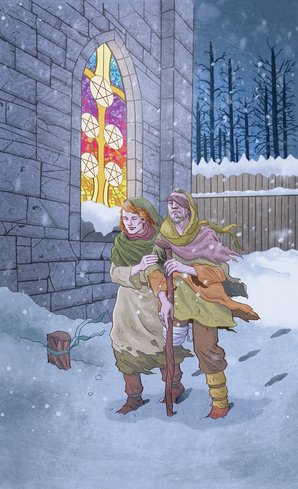 5 of Pentacles from the Llewellyn Classic Tarot by Eugene Smith 5 of Pentacles from the Llewellyn Classic Tarot by Eugene Smith As we know, the tarot has evolved over the centuries. Some of our most beloved cards don’t look like they did in the earliest decks. The Fool is no longer a madman whose bare butt is bitten by a dog. The Magician is no longer a con artist. The High Priestess is no longer a fake pope. Strength is no longer a strong man bludgeoning a lion with a club. Strangely, some cards that should have evolved to reflect our changing world and evolving consciousness have not. The Hierophant is a holdover from a time when the church was an important part of people’s lives. Judgement retains its “last judgment” qualities, a story from a mythology that no longer serves us (at least how it is currently interpreted). Many of our modern decks are inspired and shaped by the Rider Waite Smith Tarot, which was designed by Victorian Christian Mystics. The Christian symbolism meant something different to those people than it does to most modern tarot readers, yet instead of evolving the symbolism we change the meanings to something more negative, reflecting our issues and wounds. I can only imagine we haven’t brought these cards up to date with our current beliefs because we are still too wounded, still haven’t done our shadow work in these areas, and still aren’t ready to move on. Another card that has not evolved and consequently has taken on negative overtones is the 5 of Pentacles. It usually shows people in desperate physical need outside of a (usually) Christian church. One way we interpret this is to say that our religious institutions have let us down, have locked us out in the cold, and have failed in their job to take care of their people. In the past, churches did (and for current, active members still do) provide services and help for members. Churches were (and for some, still are) communities. When someone is a member of a community, they participate. If we are no longer active members of a church, it is presumptuous to expect that community to take care of us. A different lesson from the 5 of Pentacles might be the importance of community. If the old religions, the old communities no longer serve us, then perhaps our response should be to form new communities that do serve us. To be in community means to be involved, to accept the responsibilities of and commitment to something greater than ourselves. Some of us have shifted our idea of where responsibility for helping others comes from, namely, the government. However, besides voting (maybe), paying taxes, and perhaps protesting or posting indignant or angry comments, how involved with and committed to our government are we? Are we really part of our local governmental communities? If not, how realistic is it to expect that institution to take care of us in ways that matter to us most? When we create and are involved in community, we give of ourselves in many ways. We are present. We help identify problems. We help create solutions. We are active. We help. If we are invested in a community, we give and in turn can expect support and help in turn if we need it. Unfortunately, most organized religions don’t suit us (by us I mean people reading this blog, which probably means tarot readers and/or alternative thinkers). Unfortunately, most of us focus on national politics (particularly these days) where we often feel that we have little influence (and this certainly feels true, at least to me). Unfortunately, most of us are not involved in local politics because of whatever we prioritize over involvement in that form of community. To expect assistance from a community, one must be involved with that community. It would be a like a distant family member with whom you’ve never had a relationship, who was never involved in the family in general, and indeed denigrated the family, asking for help in an entitled way. There is so much talk of entitlement these days and we all suffer from it. We feel entitled to help from institutions/communities that we’ve never been truly involved with or are even actively denigrating. The 5 of Pentacles suggests that being involved in and committed to a community may have its price, but it also has benefits. Instead of railing against ineffective or inappropriate (for us) communities, the 5 of Pentacles invites us to form new communities that better reflect our ideals and gives us meaningful ways to serve, so that we may be served in our times of need. May you find community. If you cannot find it, may you make it. Tarot as Sacred Text
One of the reasons that tarot fascinates so many people for so long (often for the whole of their lives) is that there are so many ways to look at and use the cards. Divination is one way and perhaps the most common, and certainly valuable. I also like to see the cards, individually and in groups, as a sacred text that teaches me about the mysteries of the world and of myself. Sometimes these insights deviate from the way one may interpret a card in a reading. Sometimes they can add a new facet or understanding of a card that can be used while interpreting a divination. Sometimes they really shake up a long held belief or understanding of a card. The cards are called keys for a reason: they open doors to entire worlds of wisdom. I don’t know about you, but sometimes I spend so much time in one particular part of a world that I get comfortable and begin to think that I’ve explored the whole place. For example, the other day tarot showed me an interesting way to look at a series of cards: The Magician, The High Priestess, The Empress, The Emperor, and The Hierophant. 1. The Magician is the expression of our will via our ego. By ego I mean our sense that we are unique and separate individual beings. 2. The High Priestess is the expression of our intuition via our soul. By soul I mean our sense that we are connected to all things. The Magician and High Priestess together describe the state of being human, that strange dichotomy that drives us: the desire to express our individuality in the world and the yearning to reunite with all that is. 3. The Empress is our ability to create via our actions. 4. The Emperor is the direction of creativity via our intellect. Together these four cards are like the four pillars of our identity: what drives us, what we do, and how we do it. 5. The Hierophant is the movement of our identities toward our ideals via change. Many people miss the value and inherent energy of the Hierophant due to wounds caused by the imperfect expression of the Hierophant energy by others (both individuals and organizations) in the past. Because it is easy to dislike “organized religion,” which admittedly fails so many of us, we can easily dismiss the true value of the Hierophant. This is just as dangerous as disregarding the value and positive aspects of the Empress because our mother wasn’t a great mom. When we allow our wounds to denigrate the true wisdom and gift of an archetype, we put it in shadow. Things in our shadows (individually and collectively) always find a way out and when they do it isn’t pretty because anything left in shadow for too long will grow twisted and punchy. While we easily understand the numerological connections of the Magician, High Priestess, Empress, and Emperor, the association of the Hierophant with the number 5 baffles many people. Fives, after all, are about change and, for better or worse, most of us see the Hierophant as rigidity rather than innovation. That is too bad because we miss out on the gift of the Hierophant, and it is such an important gift for those of us on the path to becoming our best selves and living our true soul’s purpose in the world. The Hierophant is about change.
Taken together, these five cards illustrate how we, as spiritual beings having a human experience, can move forward toward continued spiritual, mental, and emotional growth. May your mind and heart always be open to the wonders in the cards. May the cards reveal their expansive wisdom to you. May you use these gifts to make yourself and the world better. Edited to add: days later and it suddenly occurs to me that in some numerology systems, 5 is the number of man, that is to say, humans. In Christian Biblical numerology, it is also the number of grace. 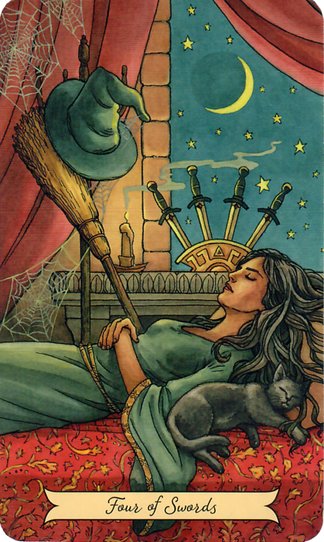 How I feel in the winter. How I feel in the winter. Images: The Four of Swords and Ace of Wands from the Everyday Witch Tarot by Deborah Blake and Elizabeth Alba A friend and I always start our workweek off by getting together for coffee each Monday morning. We call it our office hour, even though we talk about both personal and work-related items. This Monday, which happened to be the first day of spring, found us both full of energy, ideas spilling from us, revelations and creativity flowing all around until we felt like children playing in a fountain. The awakening of spring always takes me by surprise. By now you’d think I’d be prepared, knowing how my soul follows the cycle of the year. But then, maybe that’s part of the magic, that shocking and pleasant jolt of waking up. As our long Minnesota winters progress and linger, I grow increasingly restive. It is as if, metaphorically and sometimes literally, a heavy quilt covers me, movement hampered by the weight of the season. The lethargy is hard to bear and harder to fight. But fight it, I do, at least some of the time. “Do something,” I tell myself. Aside from the mundane work that needs doing, though, not a lot happens. That’s the way it feels, anyhow. The truth is that a lot is happening, but I just can’t see it. The soul work of winter takes place below the surface. Like many people with pagan leanings, the Wheel of the Year shapes how I view the world, how I trace the rhythms of my soul. In the fall, the fruits of our soul labors are harvested and the soul garden is put to bed. Putting a garden to bed means harvesting, cutting down or pulling out the remains of the season’s spent plants, and covering the ground with mulch. During the winter, under the mulch, the remains of garden decompose and the soil is nourished. It is really very magical and yet because it is unseen and mostly unfelt, we easily mistake this period for stagnation. At least I do. During my winter Monday office hours with my friend, I felt like each week I had nothing interesting to say, no life-changing revelations, no spectacular creativity. Especially as winter drags on, I become more and more impatient with myself, accusing myself of laziness, cursing my lack of energy, mourning my lost ambition. 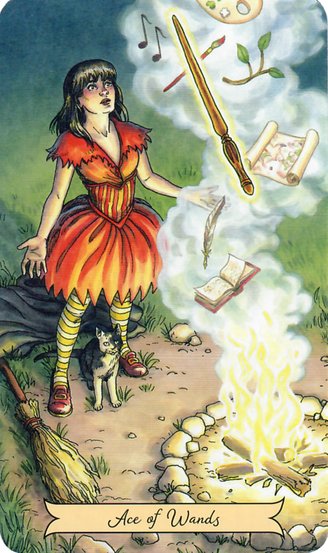 How I feel in spring. How I feel in spring. And then, like magic, this Monday my soul showed signs of new life, like the crocuses bravely blossoming in the still cold soil, and I felt alive, awake, excited. Although a little ashamed and embarrassed by forgetting the hard, important, invisible work of winter, I was grateful to be reminded of it by the evidence of new life. Perhaps next winter I will remember that even though things feel stagnant, they are not, and I will honor this valuable time and be gentler with myself. It is such a surprising miracle to wake up feeling transformed when all the while I thought nothing was happening. May you recognize the gifts of your soul’s winter’s work. May you be rich and ripe and ready to receive new seeds and nourish new life. May you honor all times and seasons, accepting their gifts with gratitude. Kickstarter Opportunity
My good friends at Lo Scarabeo are having a Kickstarter for the third book in their wonderful tarot series, Tarot Compendium. There are only a few days left, so be sure to check them out soon! Click HERE.
I subscribe to none of those. To me, the Wheel of Fortune is a Trickster card, a card of uncertainty. We spin the wheel and takes our chances. Who knows what where the Wheel will stop? Not this tarot reader. I firmly believe that there are some things we are not meant to know and there are cards in the deck that represent this.
Peeking into the future is just one use for tarot. It’s most important function is reading the cards as a sacred text. The Wheel of Fortune is excellent as a sacred text. Here’s the lesson. Things happen. We cannot always control things that happen. I know that is not a popular belief but it is true, isn’t it? The secret golden nugget in the Wheel is: the closer you stand to the center of the wheel, the less likely you are to lose your balance. If we think of our lives as the wheel, the closer we are to our own center, which is defined by our core values, the easier it will be to stay steady, even if the wheel spins fast or lands somewhere that is just plain not cool. Because this year is associated with the Wheel, we can be sure it will be one of change. The 5s are also associated with change and I do think we are going to see the energy of these cards throughout the year. The 5 of Wands will bring a lot of competitiveness and ego. The 5 of Cups will leave us lost in grief instead of actively grieving. The 5 of Swords will bring us Pyrrhic victory after Pyrrhic victory. The 5 of Pentacles is perhaps the most troubling in this case as it shows the potential for a complete separation of our resources from our values (both individual and collective). That what this year is going to teach us. We are going to be tested to see what our priorities and values really are. Unfortunately, our country feels (to me) like it sees its role as a for-profit business, which is why, apparently, so many of us voted to put a businessman at the helm. But I never thought that our country was a business. It is a representation of our values…or it should be. If it is not performing that function, then what do we do? How do we make sure our values are expressed in the world? What are our options? This year is going to be challenging. It will also be a gift. We will finally get to find out exactly who we are. I’ve heard someone say “show me your schedule and budget, I’ll name your values.” I couldn’t agree more and this year is going to be like a final exam. Who have you been striving to become? What is that person going to do in the face of real need…human need, creature need, earth need? May we all hold on tight to our values, not get distracted by the world spinning around us, and stay calm and centered as we help keep the world on course. |
Categories
All
Archives
September 2023
|

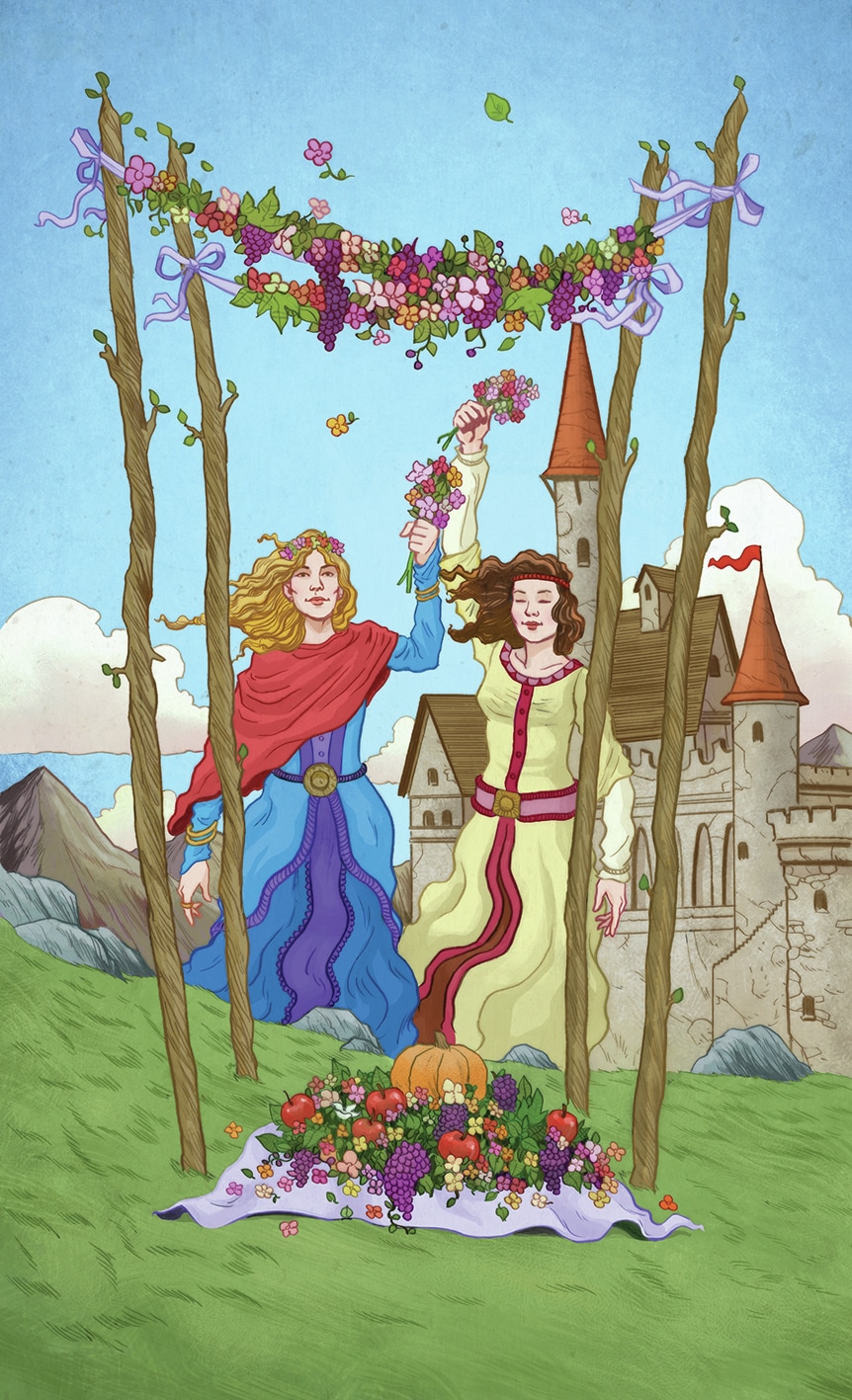
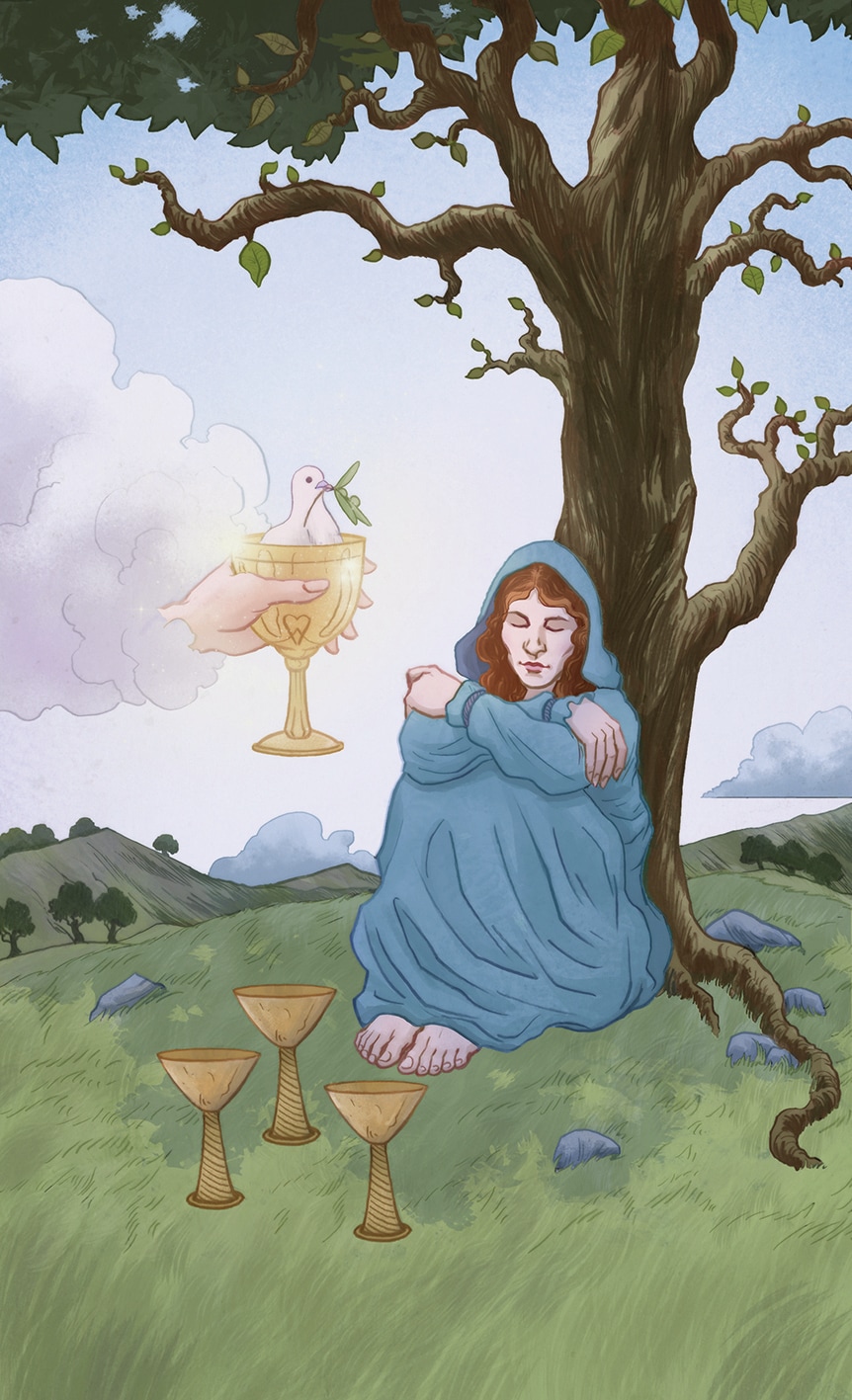
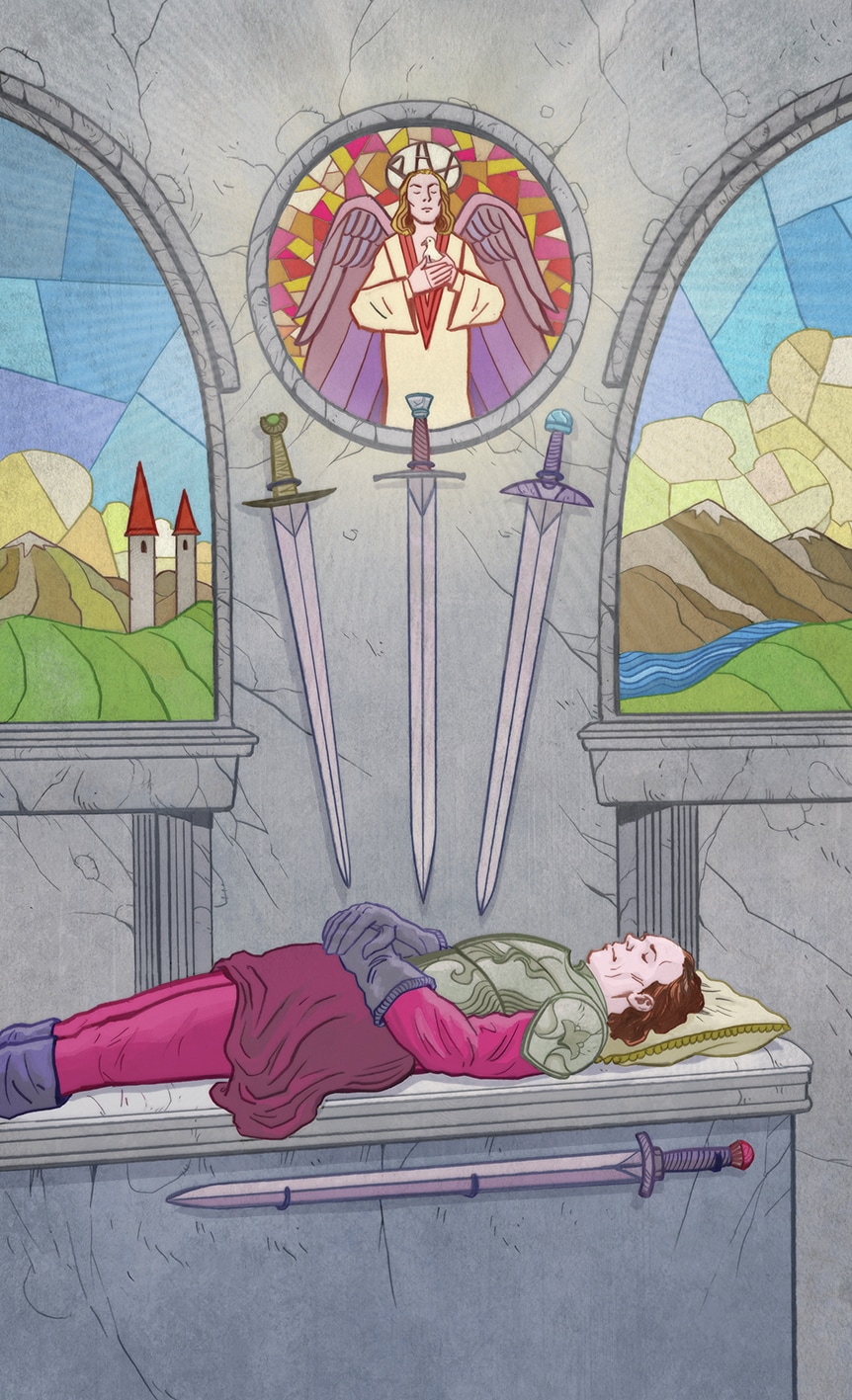
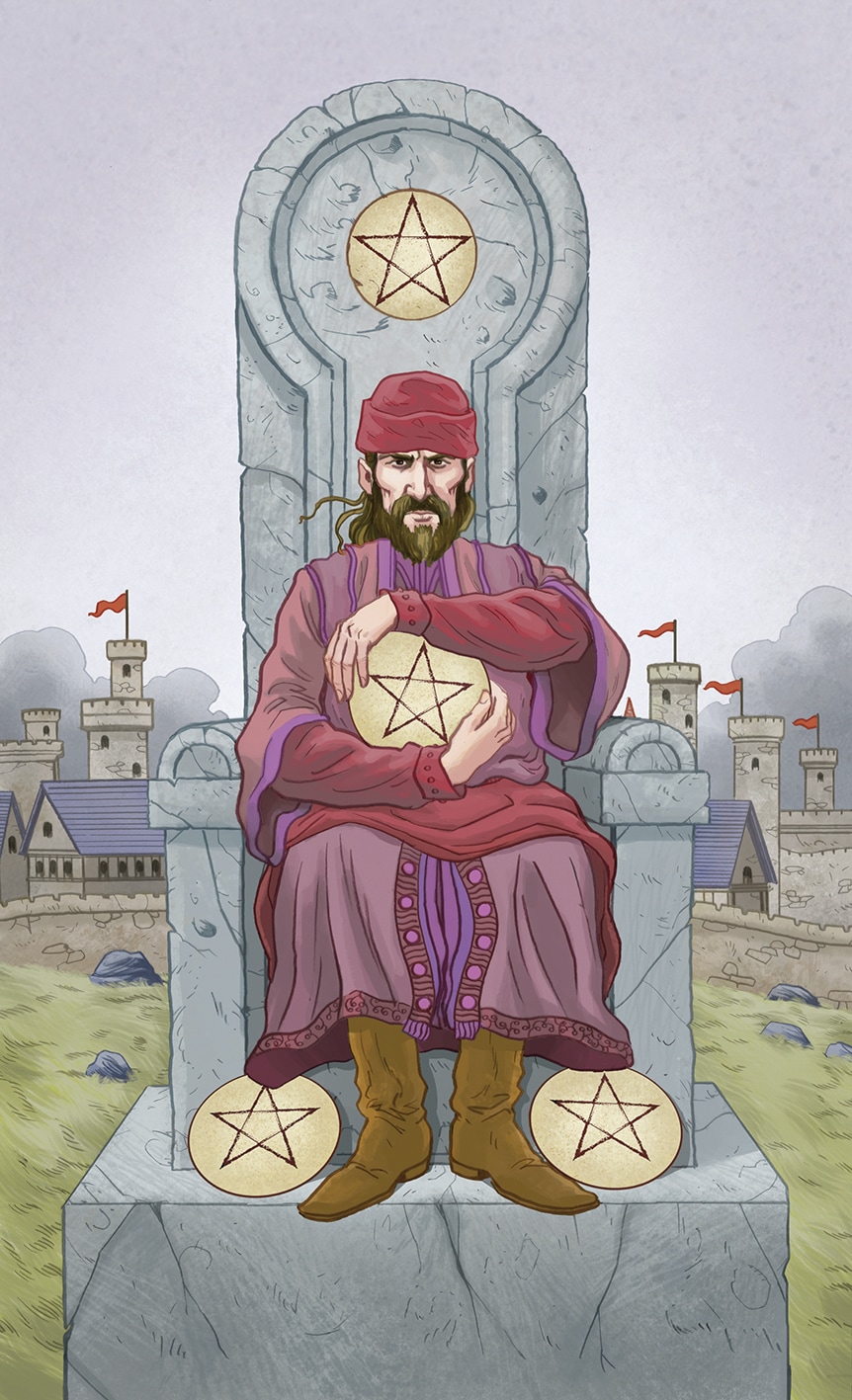

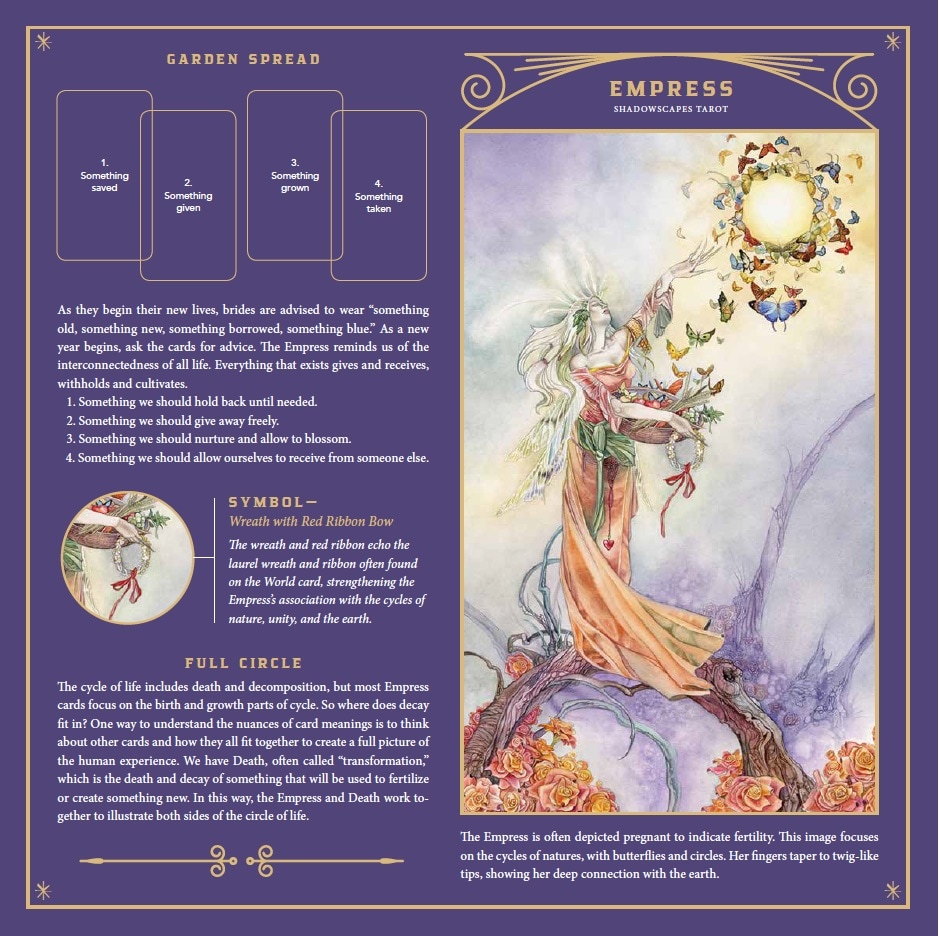
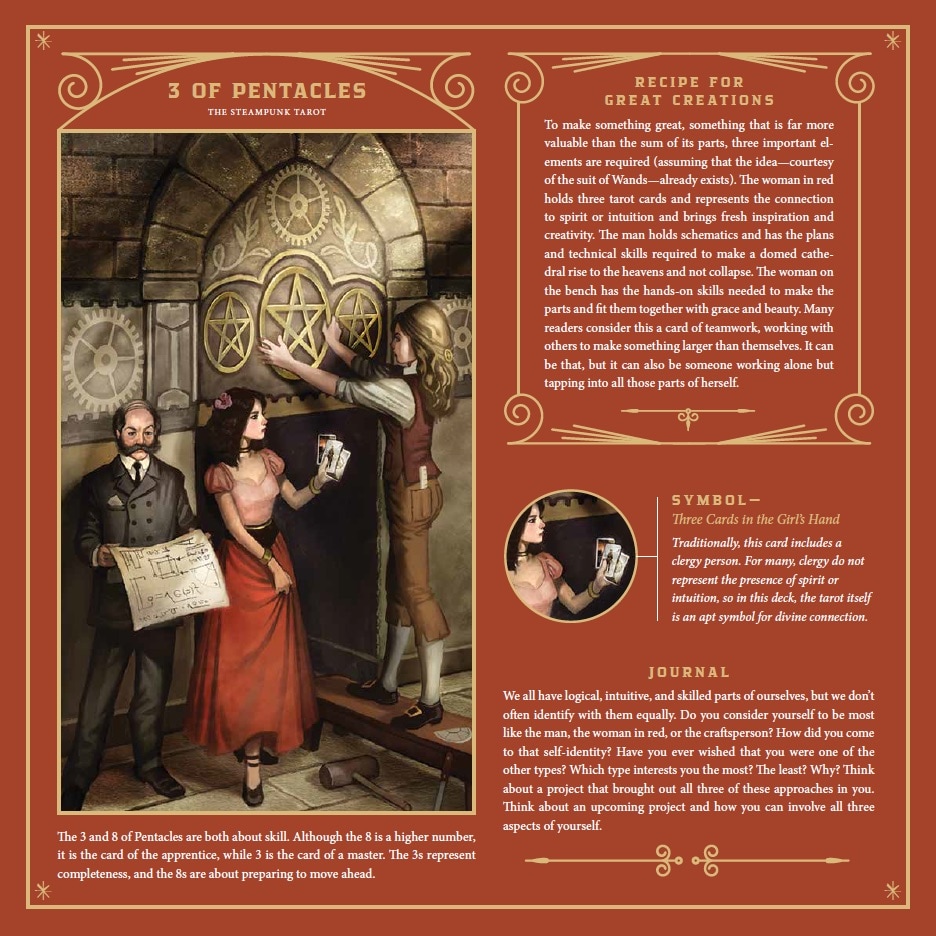
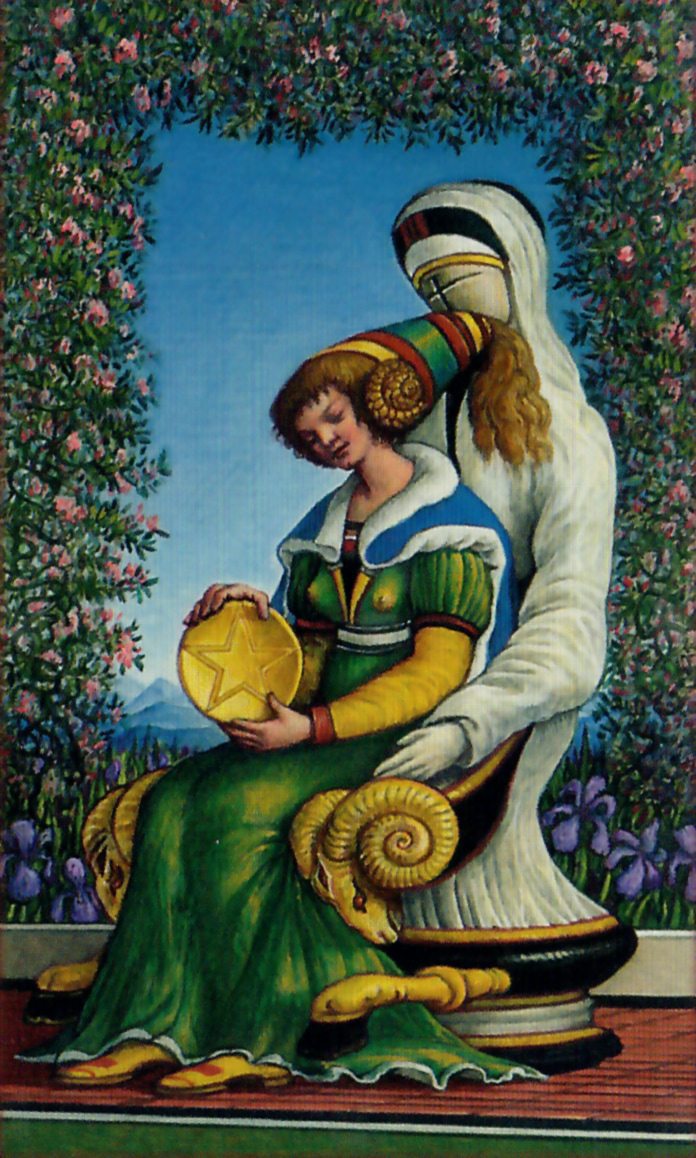
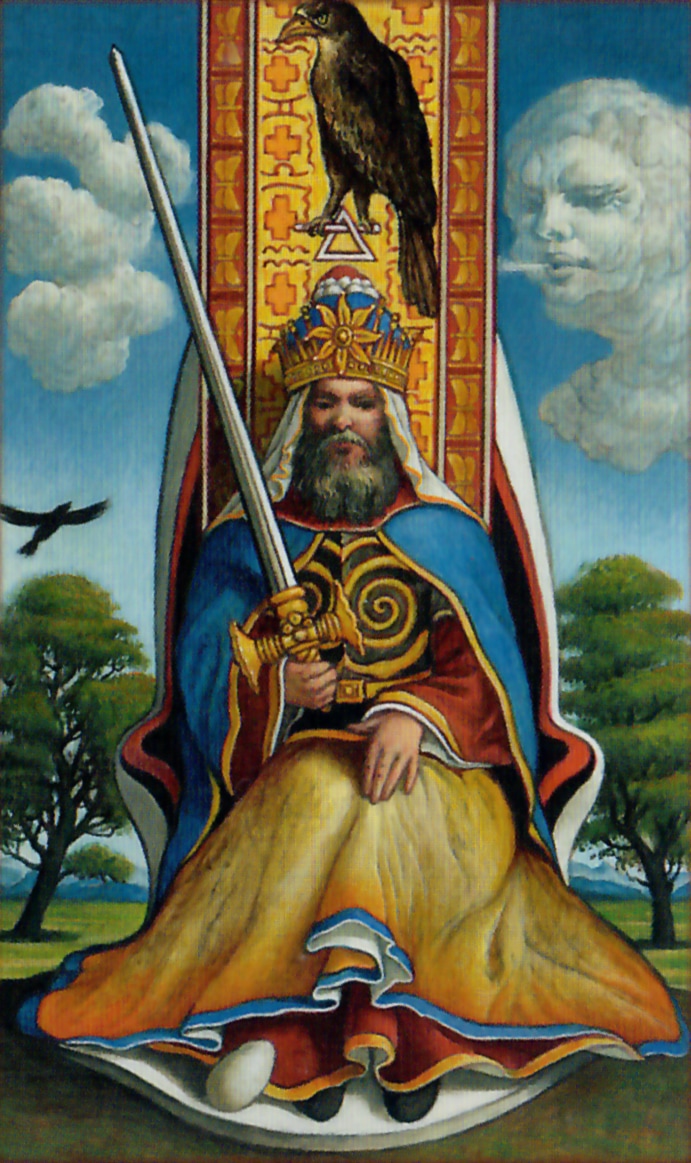

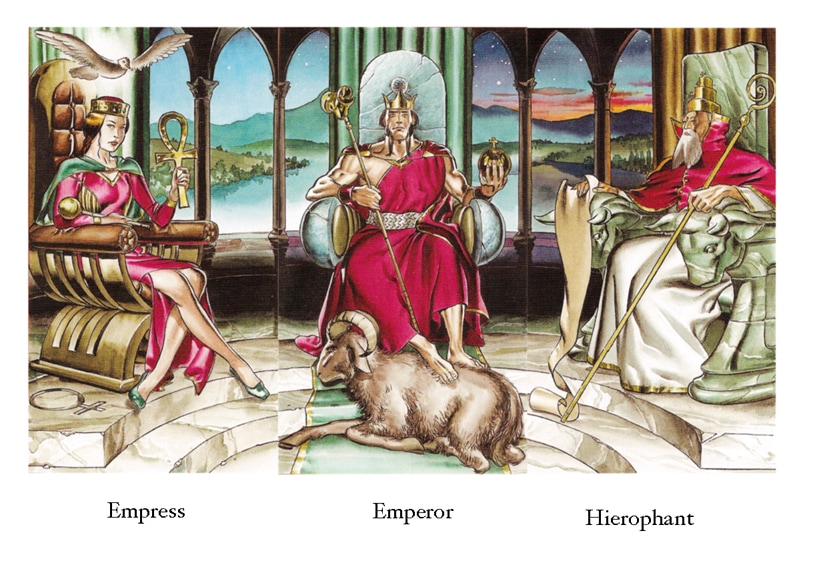
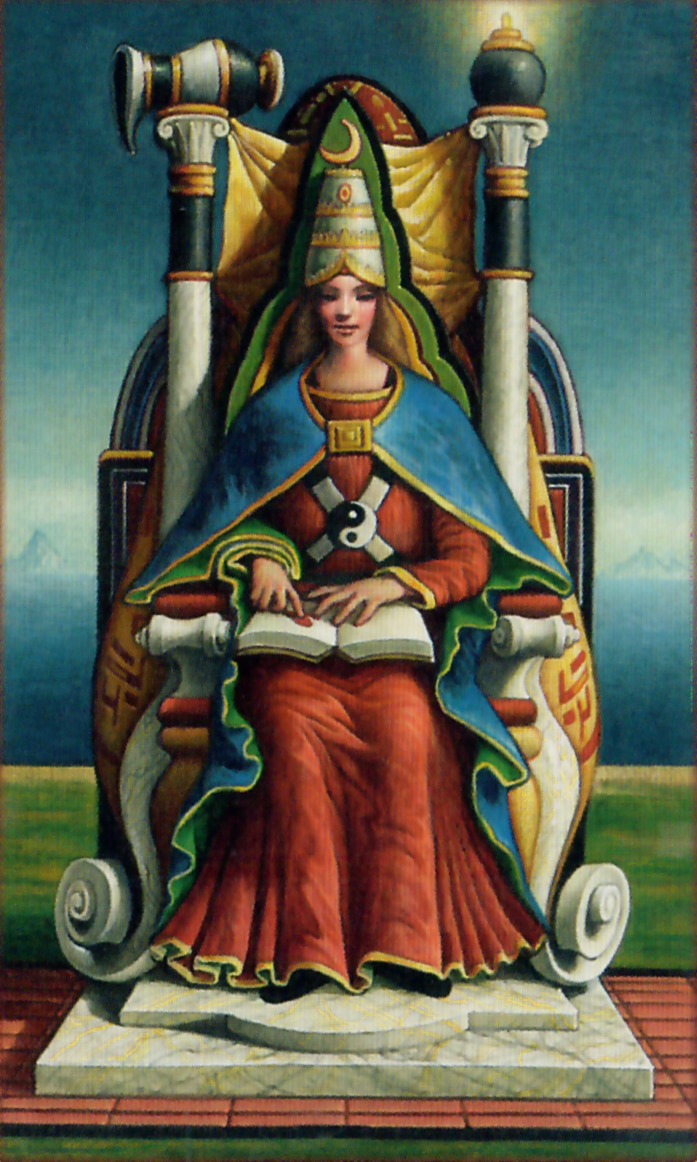
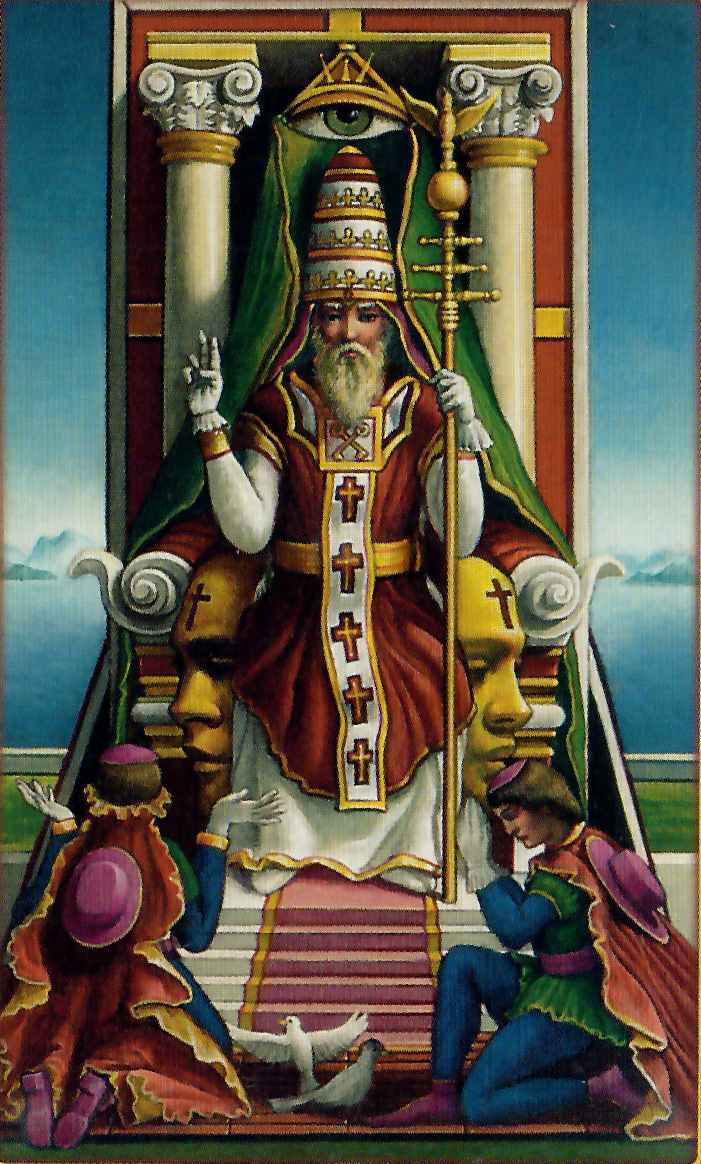
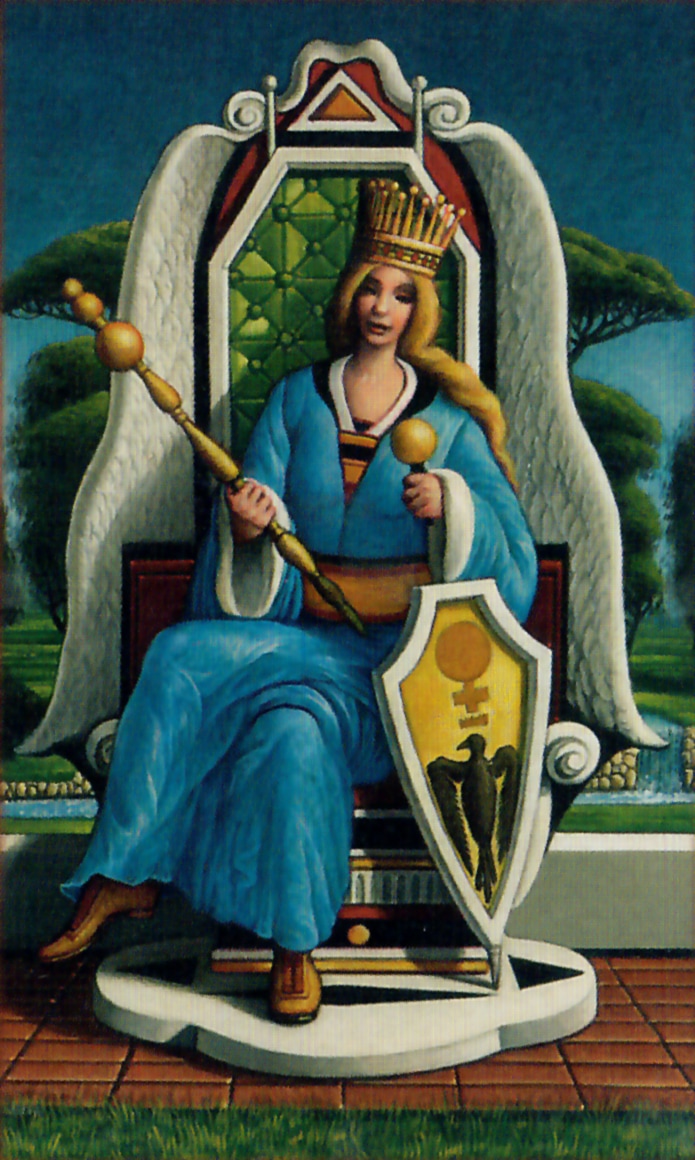
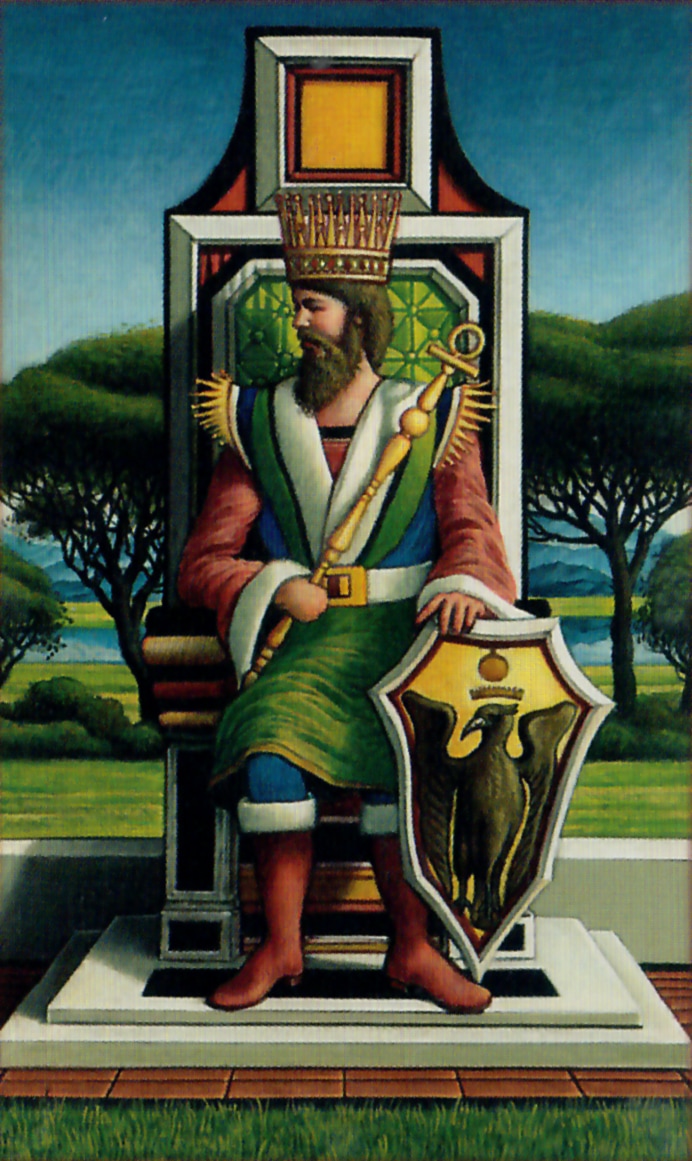
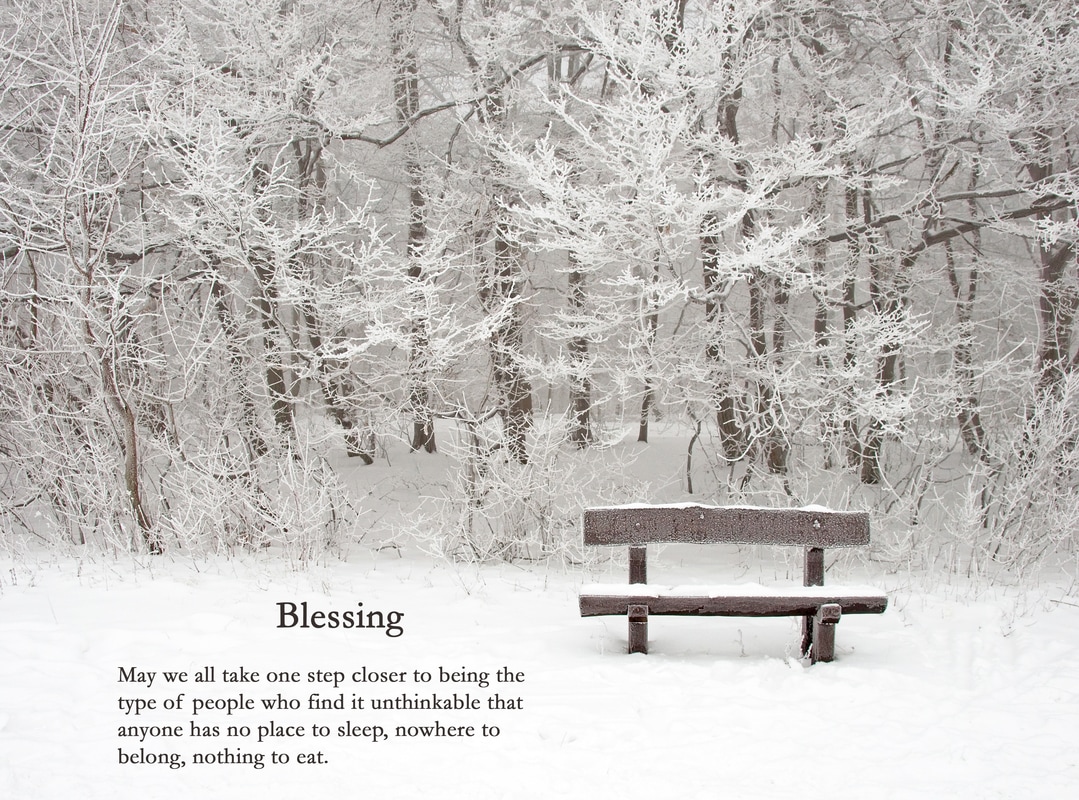
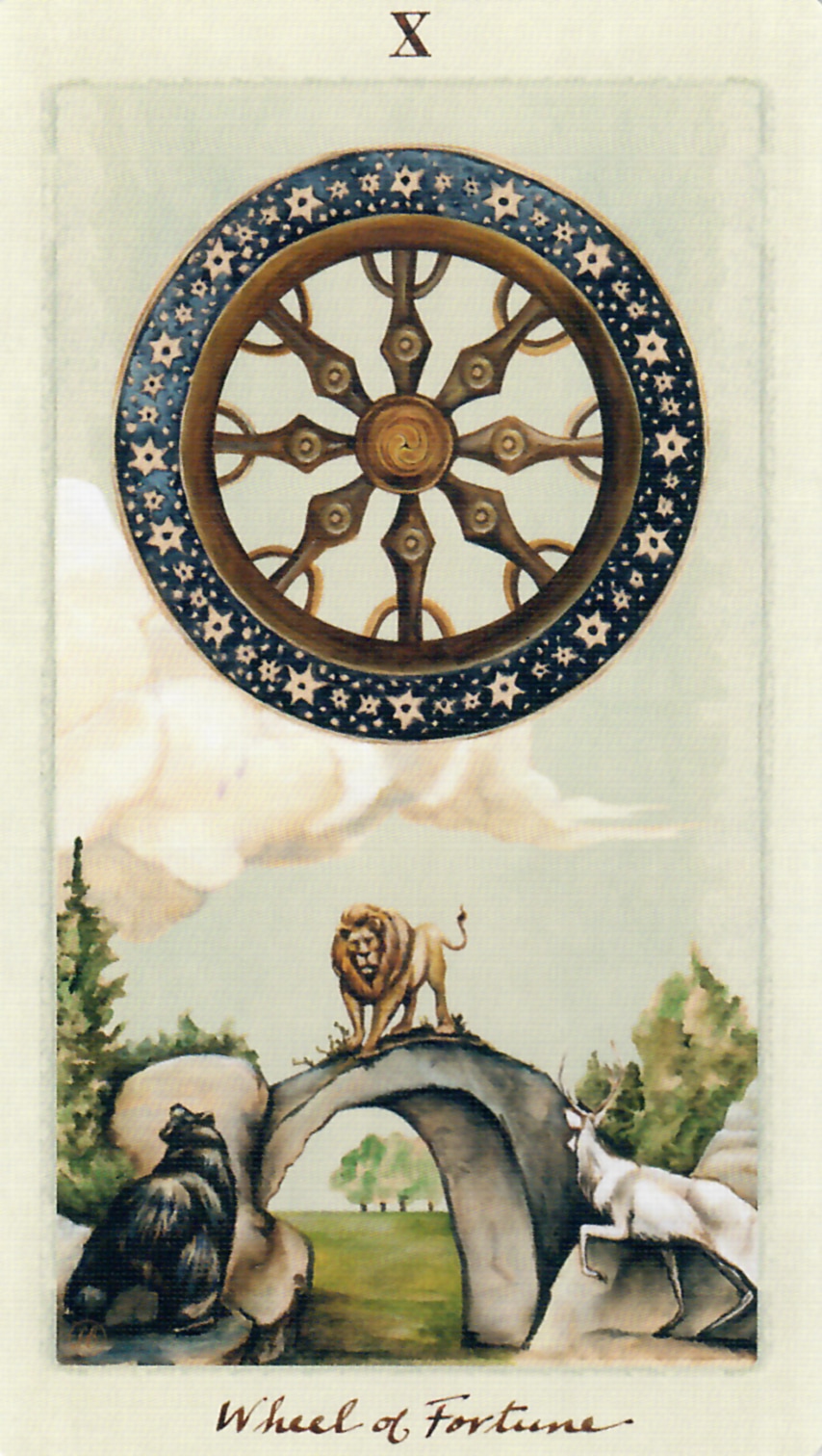
 RSS Feed
RSS Feed